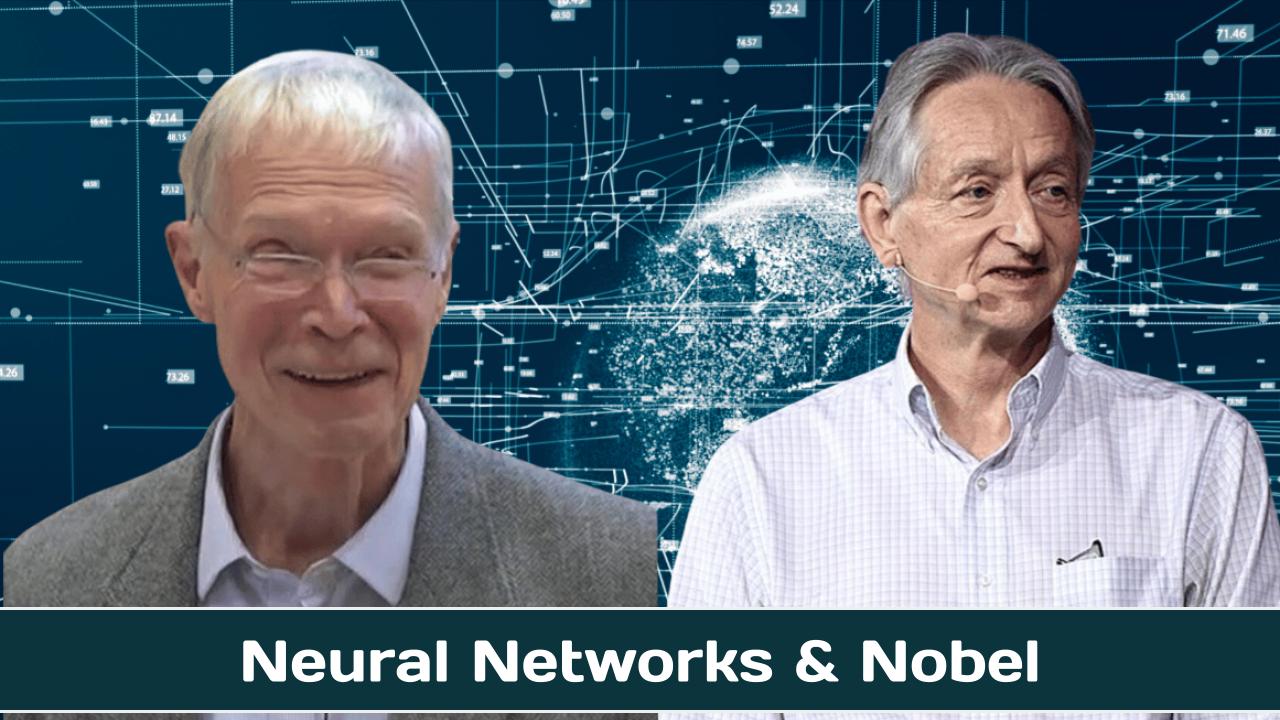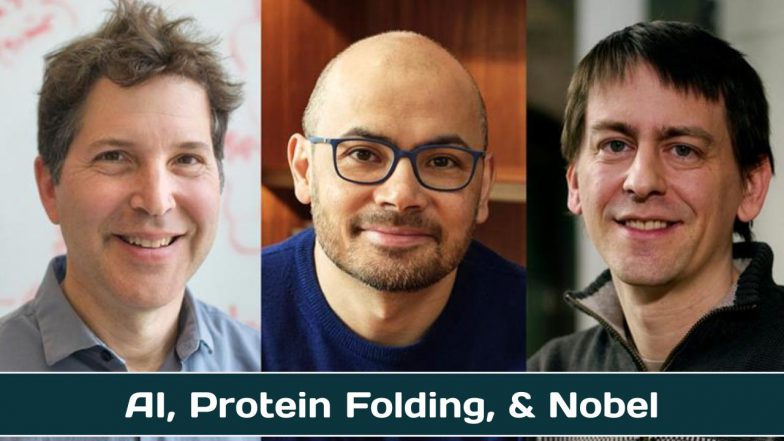News
PBS NewsHour – October 11, 2024 (26:46)
A year after Hamas’ attacks on Israel, we take a look at how the ensuing war has affected the region. From the hostages taken by Hamas and their plight for freedom, to the ongoing humanitarian crisis in Gaza driven by Israel’s retaliatory strikes, to the neighborhoods in Israel still recovering from the Oct. 7 attack, Foreign Affairs Correspondent Nick Schiffrin and the PBS News team take you inside the communities forever changed by a year of widespread violence and conflict.
PBS NewsHour, October 11, 2024 – 6:00 pm to 7:00 pm (ET)
More than two million Floridians are still without power after Hurricane Milton tore through the state. The storm has been tied to at least 10 deaths and state officials say more than 1,600 individuals were saved by search and rescue teams. As many have returned home to assess the damage, William Brangham reports on what life is like for those who faced a one-two punch from both Milton and Helene.
PBS NewsHour – October 11, 2024 (12:00)
New York Times columnist David Brooks and Washington Post associate editor Jonathan Capehart join Geoff Bennett to discuss the week in politics, including the race for the White House enters its final weeks with some Democrats concerned Kamala Harris’ momentum has plateaued and Donald Trump unleashes a torrent of false statements and distortions about the federal response to hurricanes.
The history of computers competing against humans is long, and often attracts enormous attention. But what is it good for? What does it matter if a computer can win in chess, Go, or Starcraft? We got the answer when AlphaFold solved a 50-year old grand challenge in biology.
John J. Hopfield and Geoffrey E. Hinton win Nobel Prize in Physics 2024
The Royal Swedish Academy of Sciences awarded the 2024 Nobel Prize in Physics 2024 to John J. Hopfield and Geoffrey E. Hinton for their “foundational discoveries and inventions that enable machine learning with artificial neural networks.”
Over the past 10 years, machine learning and AI have been making a greater and greater impact on our lives. During this time, researchers have published breakthrough results one after another, from enabling computers to recognise images, sometimes better than humans, to modern large language models transforming how we work and interact with computers. Over these 10 years, virtually every field of human activity, from healthcare and medical research to education, engineering, business, and entertainment, has in one way or another been transformed by machine learning and AI.
The 2024 Nobel Prizes in physics and chemistry have given us a glimpse of the future of science. Artificial intelligence (AI) was central to the discoveries honoured by both awards. You have to wonder what Alfred Nobel, who founded the prizes, would think of it all.
We are certain to see many more Nobel medals handed to researchers who made use of AI tools. As this happens, we may find the scientific methods honoured by the Nobel committee depart from straightforward categories like “physics”, “chemistry” and “physiology or medicine”.
We may also see the scientific backgrounds of recipients retain a looser connection with these categories. This year’s physics prize was awarded to the American John Hopfield, at Princeton University, and British-born Geoffrey Hinton, from the University of Toronto. While Hopfield is a physicist, Hinton studied experimental psychology before gravitating to AI.
PBS NewsHour – October 10, 2024 (06:09)
The Nobel Prize in chemistry went to three scientists for groundbreaking work using artificial intelligence to advance biomedical and protein research. AlphaFold uses databases of protein structures and sequences to predict and even design protein structures. It speeds up a months or years-long process to mere hours or minutes. Amna Nawaz discussed more with one of the winners, Demis Hassabis.
Chemistry World, – October 9, 2024
The developers of computational tools that can be used to accurately design and predict protein structures have been recognised with this year’s Nobel prize in chemistry. The Nobel committee noted that these tools have led to a revolution in biological chemistry and are today used by millions of researchers around the world.
Demis Hassabis and John Jumper from Google’s DeepMind team received one half of the prize for their work on AlphaFold and AlphaFold2 – programs that dramatically increased the accuracy of protein structure predictions. In 2021, the team released 350,000 structures including those of all 20,000 proteins in the human proteome. In 2022 they provided the structures of a further 200 million proteins – almost every protein known to science.

- Geoffrey Hinton and John Hopfield won the Nobel Prize in Physics for AI and machine learning innovations.
- Their foundational work enables advancements in artificial neural networks and deep learning.
- Hinton expressed surprise at the award, highlighting AI’s potential to exceed human intellectual capabilities.
Geoffrey Hinton and John Hopfield have been awarded the Nobel Prize in Physics, specifically for their work on artificial intelligence (AI) and machine learning.
British-Canadian Professor Hinton is sometimes referred to as the “Godfather of AI,” while American Professor John Hopfield is a professor at Princeton University in the US. The Royal Swedish Academy of Sciences said that the pair were jointly awarded “for foundational discoveries and inventions that enable machine learning with artificial neural networks.”
The Nobel Prize winning ‘Godfather of AI’ speaks to Newsnight about the potential for AI “exceeding human intelligence” and it “trying to take over.” Geoffrey Hinton, former Vice President of Google and sometimes referred to as the ‘Godfather of AI’, has recently won the 2024 Nobel Physics Prize. He resigned from Google in 2023, and has warned about the dangers of machines that could outsmart humans. In May 2024, Faisal Islam spoke to the professor for Newsnight.
An Artificial General Intelligence (AGI) is a hypothetical type of intelligent agent which, if realized, could learn to accomplish any intellectual task that human beings or animals can perform. Alternatively, AGI has been defined as an autonomous system that surpasses human capabilities in the majority of economically valuable tasks. Creating AGI is a primary goal of some artificial intelligence research and of companies such as OpenAI, DeepMind, and Anthropic. AGI is a common topic in science fiction and futures studies.
- In the ‘About’ section of this post is an overview of the issues or challenges, potential solutions, and web links. Other sections have information on relevant legislation, committees, agencies, programs in addition to information on the judiciary, nonpartisan & partisan organizations, and a wikipedia entry.
- To participate in ongoing forums, ask the post’s curators questions, and make suggestions, scroll to the ‘Discuss’ section at the bottom of each post or select the “comment” icon.
The Regulating AGI category has related posts on government agencies and departments and committees and their Chairs.
OnAir Post: Regulating AGI (US)
 What are possible solutions to improving science and technology via legislation?
What are possible solutions to improving science and technology via legislation?
Source: Google Gemini Search
Why Is Trump So Increasingly Dark?, USA Today
Trump intensified his rhetoric in the final weeks of the campaign, using darker language about crime and threats to the U.S., as he targets swing voters and escalates personal attacks.
Obama’s Blunt Pitch to Black Men, NPR
During a Pittsburgh campaign event Thursday, former President Obama urged Black men to back VP Harris, stressing the need for turnout and criticizing those considering voting for Trump.
Harris Avoids Biden’s Accomplishments, Politico
Kamala Harris is focusing on quick cost-cutting measures in her campaign, avoiding President Biden’s long-term economic policies due to voter demand for immediate solutions.
Grocery Prices Drop, Anger Lingers, MarketWatch
Grocery prices returned to pre-pandemic affordability for the average worker, but lingering high costs and political focus keep them a hot-button issue in the 2024 election.
Harris Winning Battle of the Burbs, Reuters
Harris leads Trump 47% to 41% among suburban voters and 45% to 43% among middle-income households as her focus on middle-class issues narrows the economic gap.
Storms’ Impact Concerns Carville, The Hill
Carville warns Harris is running out of time to reach voters amid hurricane coverage, urging a more aggressive strategy and the involvement of Obama and Clinton to counter Trump claims.
It’s about A LOT more than just this election
Why you should subscribe.
Here’s what I pledge to you: I am in this for the long haul. What began as an experiment has turned into a vocation. I am not done with this debate on the future of politics in this country which is, really, a debate on the future of this country.
I will continue to bring you what you need to know about the day, week, month and year in politics. Without fear or favor. Pulling no punches. Calling it like I see it. And admitting when I get it wrong!
The Morning: A radical proposal for Donald Trump
Just….disappear.
If he disappeared from the campaign trail, there would be less coverage of his personality. It would allow some of these undecided voters to remember that they actually liked (and like) Trump’s policies on immigration and the economy more than they like Harris’. The race would become less about him and his noxious personality and more about what he would do in office.
The US onAir Network supports US citizens and democracy by bringing together information, experts, organizations, policy makers, and the public to facilitate greater engagement in federal, state, and local politics and more civil, positive discussions and collaborations on important issues and governance.
The US onAir Network has a national hub at us.onair.cc and 50 state onAir hubs. To learn more about the US onAir Network, go to this post.
ABOUT US ONAIR NEWS
The first news items on US issues, government, and politics will start being displayed on the US onAir homepage around 9 am. Throughout the day, livestreamed events will appear under the “Latest” tab. The last news items will appear around 9 pm concluding with PBS NewsHour’s full episode with links to each video clip within the hour show. Go to the Free News Platforms post to learn more where we draw most of our US onAir news content and how to find previous daily news posts.
US ONAIR SUBSTACK
US onAir has established a substack at usonair.substack.com to provide substack subscribers a way to receive these news posts within a phone app and via email. Comments on news items can be made in the substack post. OnAir members can comment in this onAir post and/or in specific related onAir posts. Substack posts are delivered by email around 9pm Monday thru Friday.

